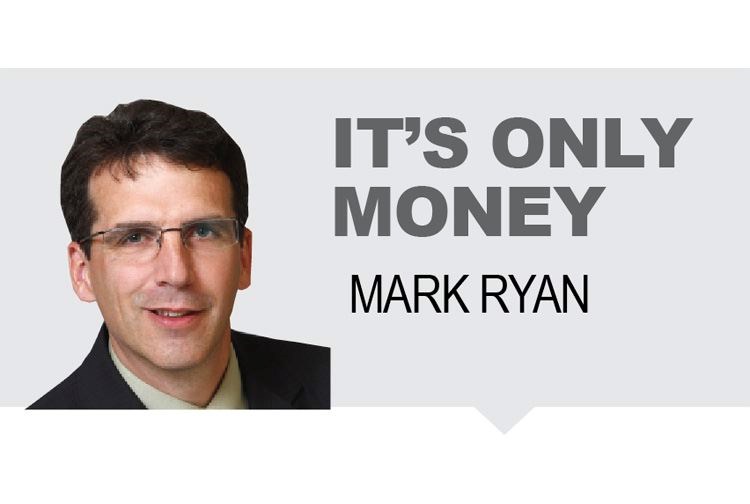Most of the financial media attention gets paid to the stock market and rightly so with its stunning long-term returns and its painful periods of correction. Government and investment grade bonds are more like the demur, stately Elizabeth. Stocks are the flashy fun-loving Margaret.
High yield bonds are the weird uncle.
A bond is a special variety of loan. These debt instruments get traded in financial markets after the initial advance to this or that government or business. In the "secondary market" the bond's value is influenced by interest rates, business climate, and the performance of the borrower itself. The same news flow that acutely impacts share values also swings bonds, although much less dramatically. Mostly.
Higher quality bonds are a safe-haven and have been a very important ballast in portfolios this month. While stock indices have tumbled, government and highly-rated corporate bonds have fared relatively well. This is why a global-balanced portfolio (say 40 per cent bonds) might only be down about half the amount of the front-page-grabbing stock market is. They might not be flashy, but we respect them and maybe give them a little pat on the head on weeks like this.
But part of the bond market this week is laying down with a cold rag on its head - hungover. The high yield (higher risk) bond market has been feeling feverish this month. During the past decade of simulative interest rates, investors have clamored for a better return by spicing their portfolios with doses of this riskier variety of debt instrument.
High yield bonds behave more like stocks during a financial setback. As the selloff in risk assets continues, liquidity in bond markets will not only push their yields up, but sometimes push them right out of the market's appetite for risk.
Unlike the Equity market, the Bond market is a dealer market, which means a transaction takes place against a dealer's inventory - in his house if you will, not at a central exchange per se. Dealers cannot buy unlimited amounts of bonds because regulatory risk limits must be maintained. In other words, we don't want to be the guy left carrying the junk when the music stops - in fact, we're not allowed to ever get ourselves in such a position because we are among the "too big to fail."
When we hit our limits, we stop. As a result, unlike stocks, high-yield bonds see more than their risk premiums going up this month. During moments of market angst, the appetite for their risk might just dry up altogether. To stretch a metaphor, Queen Elizabeth doesn't parade that awkward uncle around with her when she needs to build confidence in the monarchy, but she can't just bury the old coot.
As the high yield market weakens, cash needs are being met by profit-taking in the higher quality bond segment (because where else are they going to get cash?). So the entire system is a bit stressed right now. This is one of the reasons central banks and governments the world over will inject massive amounts of liquidity into the system by way of cheap loans or repurchase programs on their own treasuries - to warm up the otherwise cooling enthusiasm for financial assets enough to let the market develop legs again.
- Mark Ryan is an Investment Advisor with RBC Dominion Securities Inc. (Member-CIPF). These are Ryan's views and not those of RBC. This article is for information purposes only. Please consult with a professional advisor before taking any action based on information in this article. See Ryan's website at: http://dir.rbcinvestments.com/mark.ryan



